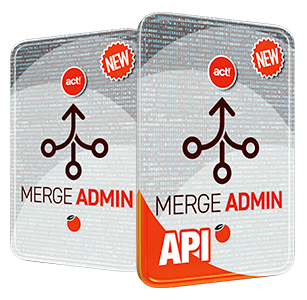Obstacles are inevitable in any business journey, especially in sales. Challenges are part of the process, whether it’s customer objections, market competition, or internal hurdles. However, how you respond to these obstacles can determine the trajectory of your business. The key lies in transforming these roadblocks into opportunities for growth, customer trust, and long-term success.
In the world of sales, objections are often seen as barriers. But in reality, they provide valuable insights into customer concerns and needs. By addressing objections with confidence, businesses can not only overcome them but also use them to demonstrate the value they bring to the table. Turning obstacles into opportunities requires a strategic approach and the right tools to help you navigate challenges.
Anticipating and Addressing Objections with the Right Tools
One of the most powerful ways to turn objections into opportunities is by anticipating them. Objections often arise because of unmet needs or concerns, and addressing them proactively can prevent them from becoming obstacles. By understanding your customers' pain points and expectations, you can prepare solutions that directly address their concerns, showcasing how your product or service meets their needs.
This is where a CRM (Customer Relationship Management) system becomes an invaluable asset. A CRM system provides insights into customer behavior, purchasing patterns, and engagement history. With this information, sales teams can anticipate potential objections and tailor their approach accordingly. For example, if a customer frequently hesitates due to pricing concerns, your CRM can help track this objection and provide solutions like discounts, payment plans, or added value through product features.
Additionally, a CRM automates follow-up tasks, ensuring that no opportunity is lost. After addressing an objection, the CRM can schedule follow-up emails or calls to check in with the customer, keeping the conversation going. This level of automation reduces the likelihood of missed opportunities and ensures that you remain in control of the sales process.
Turning Objections into Value-Driven Opportunities
When objections arise, it’s essential to approach them as opportunities to showcase the unique value your business offers. Instead of seeing objections as setbacks, view them as an opportunity to provide more tailored information that directly addresses the customer’s needs. Use objections as a stepping stone to build stronger relationships with prospects.
For instance, if a potential customer expresses concern about the quality of your product, instead of focusing on the negative, highlight the features and benefits that make your product stand out. Share customer testimonials or case studies that demonstrate how your product has solved similar issues for others. This shift in mindset from “defending” to “educating” will help build trust and credibility.
Moreover, CRM systems enable you to track objections and responses, providing valuable data that can help refine your sales strategy. By analyzing patterns, you can identify recurring objections and adjust your approach to address them in future sales conversations proactively.
Finally, it’s important to maintain a positive and solution-oriented mindset. Objections are not personal rejections—they are an opportunity to offer value, build rapport, and close the deal with a stronger understanding of the customer’s needs. By being proactive, confident, and equipped with the right tools, you can turn obstacles into stepping stones toward success.
In conclusion, turning obstacles into opportunities is a key strategy for business growth. By anticipating objections, addressing concerns with confidence, and using tools like a CRM to track and automate follow-ups, you can transform challenges into valuable moments that drive customer loyalty and business success. The right approach to objections not only helps close sales but also builds long-term relationships that will sustain your business.




































